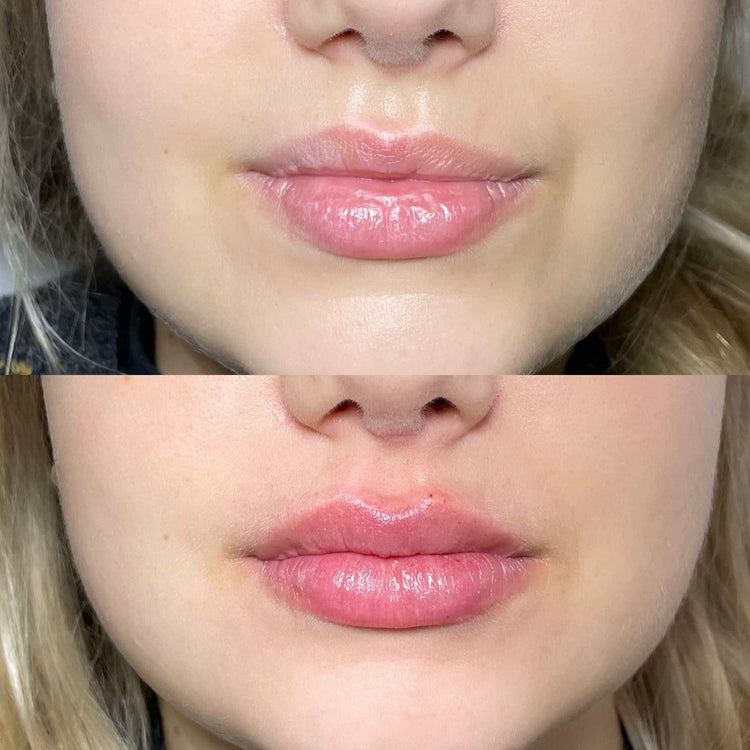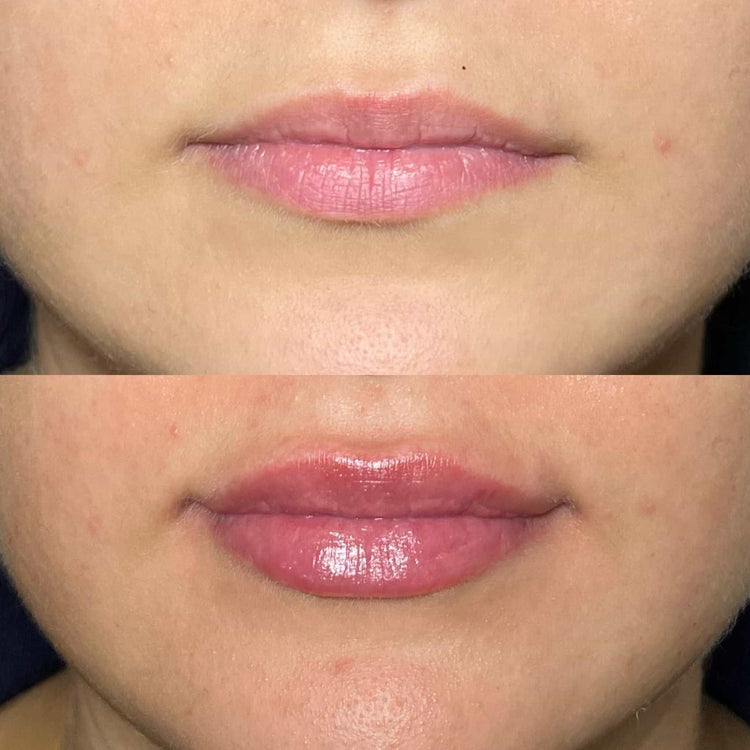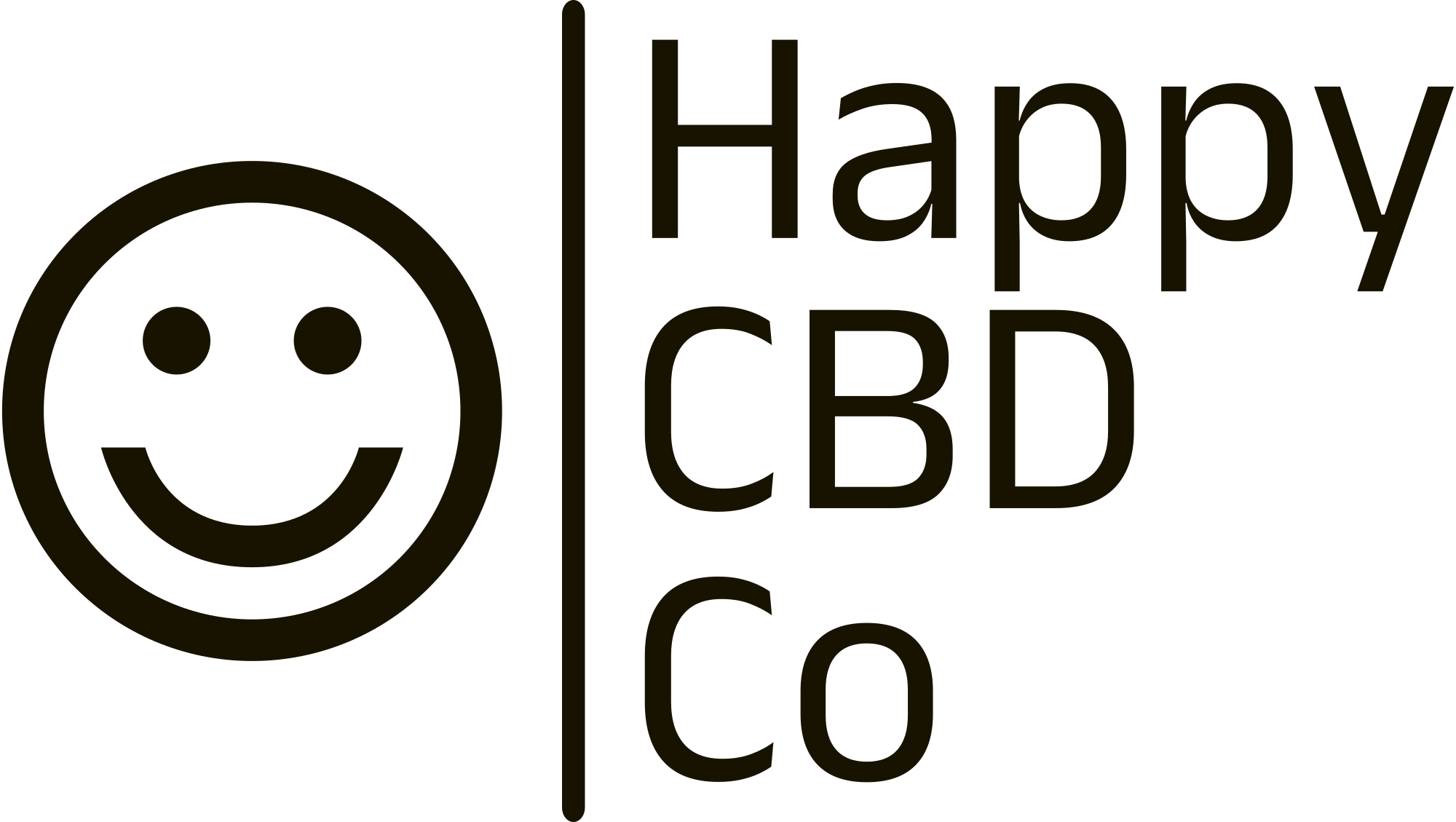Managing Swelling After Lip Injections
Lip injections can enhance your natural features and achieve fuller, more defined lips. However, it’s common to experience swelling after the procedure. Understanding how to manage this swelling effectively is crucial for a smooth recovery and achieving the desired results.
Immediate Actions

Immediate actions to reduce lip swelling after injections include applying cold compresses frequently. Use a bag of frozen peas wrapped in a towel or an ice pack, applying it to your lips for 15-20 minutes at a time, with breaks in between. This helps constrict blood vessels and minimize inflammation.
Elevating your head while sleeping can also aid in reducing swelling. Propping yourself up with extra pillows can help drain fluid from the treated area and prevent further buildup.
Avoid touching or rubbing the injected areas excessively, as this can irritate the tissues and worsen swelling. It’s also important to stay hydrated by drinking plenty of water, which helps flush out toxins and promotes healing.
Refrain from engaging in strenuous activities or excessive exercise immediately after the procedure, as these can increase blood flow and exacerbate swelling. Gentle stretching exercises may be beneficial after a few days when swelling subsides.
Cold Compresses
Applying cold compresses is one of the most effective ways to reduce swelling after lip injections. Use a bag of frozen peas wrapped in a towel or an ice pack, applying it to your lips for 15-20 minutes at a time with breaks in between.
Elevating the Face
Elevating the face while sleeping can help minimize swelling. Propping up your head with extra pillows encourages fluid drainage from the treated area, reducing puffiness.
Medications and Treatments
Lip injections offer a popular way to enhance lip fullness and definition, but they often come with some temporary swelling as the body adjusts. Understanding how to manage this swelling effectively is crucial for a comfortable recovery and achieving the desired cosmetic outcome.
Pain Relievers
Lip injections can enhance your natural features and achieve fuller, more defined lips. However, it’s common to experience swelling after the procedure.
Understanding how to manage this swelling effectively is crucial for a smooth recovery and achieving the desired results.

Immediate actions to reduce lip swelling after injections include applying cold compresses frequently. Use a bag of frozen peas wrapped in a towel or an ice pack, applying it to your lips for 15-20 minutes at a time, with breaks in between. This helps constrict blood vessels and minimize inflammation.
Elevating your head while sleeping can also aid in reducing swelling. Propping yourself up with extra pillows can help drain fluid from the treated area and prevent further buildup.
Avoid touching or rubbing the injected areas excessively, as this can irritate the tissues and worsen swelling. It’s also important to stay hydrated by drinking plenty of water, which helps flush out toxins and promotes healing.
Refrain from engaging in strenuous activities or excessive exercise immediately after the procedure, as these can increase blood flow and exacerbate swelling. Gentle stretching exercises may be beneficial after a few days when swelling subsides.
- Cold compresses
- Elevate your head while sleeping
Lip injections offer a popular way to enhance lip fullness and definition, but they often come with some temporary swelling as the body adjusts. Understanding how to manage this swelling effectively is crucial for a comfortable recovery and achieving the desired cosmetic outcome.
Antihistamines
Antihistamines can be helpful in reducing swelling caused by lip injections. These medications work by blocking histamine, a chemical that your body releases during an allergic reaction or inflammatory response. Histamine contributes to swelling and itching. By taking an antihistamine, you can help reduce these symptoms.
Over-the-counter options like loratadine (Claritin) or cetirizine (Zyrtec) are generally safe and effective for this purpose. It’s important to follow the recommended dosage on the label or as advised by your doctor.
Prescription Medications
Prescription medications may be prescribed in some cases to manage swelling after lip injections, particularly if it’s severe or prolonged.
Corticosteroids are a class of drugs that can reduce inflammation and swelling. A doctor may prescribe oral corticosteroids like prednisone for a short period to help manage significant swelling.
These medications should only be taken under the guidance of a medical professional as they can have potential side effects.
Lifestyle Modifications
Lip injections are a popular way to enhance lip fullness and definition, but they often come with some temporary swelling as the body adjusts.
Understanding how to manage this swelling effectively is crucial for a comfortable recovery and achieving the desired cosmetic outcome.
Hydration
Lip injections can enhance your natural features and achieve fuller, more defined lips. However, it’s common to experience swelling after the procedure. Understanding how to manage this swelling effectively is crucial for a smooth recovery and achieving the desired results.
Immediate actions to reduce lip swelling after injections include applying cold compresses frequently. Use a bag of frozen peas wrapped in a towel or an ice pack, applying it to your lips for 15-20 minutes at a time, with breaks in between. This helps constrict blood vessels and minimize inflammation.
Elevating your head while sleeping can also aid in reducing swelling. Propping yourself up with extra pillows can help drain fluid from the treated area and prevent further buildup.
Avoid touching or rubbing the injected areas excessively, as this can irritate the tissues and worsen swelling. It’s also important to stay hydrated by drinking plenty of water, which helps flush out toxins and promotes healing.
Refrain from engaging in strenuous activities or excessive exercise immediately after the procedure, as these can increase blood flow and exacerbate swelling. Gentle stretching exercises may be beneficial after a few days when swelling subsides.
- Apply cold compresses frequently
- Elevate your head while sleeping
- Stay hydrated
- Avoid touching or rubbing the injected areas
- Refrain from strenuous activities
Lip injections offer a popular way to enhance lip fullness and definition, but they often come with some temporary swelling as the body adjusts. Understanding how to manage this swelling effectively is crucial for a comfortable recovery and achieving the desired cosmetic outcome.
Avoidance of Alcohol and Smoking
Lifestyle modifications can play a role in minimizing swelling after lip injections. Avoiding alcohol and smoking is particularly important as these substances can interfere with the body’s healing process and potentially worsen inflammation.
Alcohol can dilate blood vessels, increasing blood flow and potentially leading to more pronounced swelling. Smoking also restricts blood flow and can hinder tissue repair, making it harder for your body to recover effectively from the injection procedure.
Gentle Touch
Lifestyle modifications can play a role in minimizing swelling after lip injections. Avoiding alcohol and smoking is particularly important as these substances can interfere with the body’s healing process and potentially worsen inflammation.
Alcohol can dilate blood vessels, increasing blood flow and potentially leading to more pronounced swelling. Smoking also restricts blood flow and can hinder tissue repair, making it harder for your body to recover effectively from the injection procedure.
Preventing Future Swelling
Lip injections offer a popular way to enhance lip fullness and definition, but they often come with some temporary swelling as the body adjusts. Understanding how to manage this swelling effectively is crucial for a comfortable recovery and achieving the desired cosmetic outcome.
Choosing a Qualified Practitioner
Preventing future swelling after lip injections involves several key factors. Choosing a qualified practitioner who is experienced in administering lip injections is crucial. A skilled injector will use appropriate techniques, proper injection depths, and suitable filler products to minimize the risk of excessive swelling.
When selecting an injector, it’s important to consider their qualifications, experience, and reputation. Look for board-certified plastic surgeons or dermatologists who specialize in cosmetic procedures. Reading online reviews and asking for recommendations from friends or family can also be helpful.
Understanding Individual Reactions
Understanding individual reactions is essential when managing swelling after lip injections. Some people naturally experience more swelling than others due to variations in their bodies’ healing responses and sensitivities. Factors such as skin thickness, body mass index (BMI), and pre-existing medical conditions can also influence swelling patterns.
While it’s impossible to predict exactly how much swelling you will experience, being aware of these individual variations allows for better preparation and management. If you have a history of significant swelling from previous cosmetic procedures or allergies, be sure to discuss your concerns with your injector beforehand.
Get your perfect pout with expert lip injections from Dr. Laura Geige at It’s Me & You Clinic
- How To Reduce Swelling After Lip Injections - May 13, 2025
- Hierarchical Vs Non-Hierarchical Polyamory: Key Differences - May 12, 2025
- Redensity 1 Skin Booster Treatments Near Leigh, Surrey - May 12, 2025
